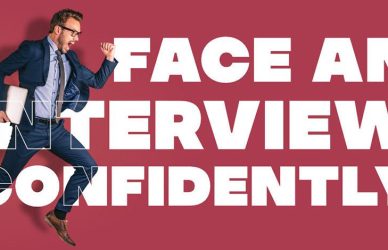A job interview is a crucial stage in the hiring process that allows both the employer and the candidate to evaluate if they are a good match for each other. While resumes and applications provide a snapshot of a candidate’s qualifications, the interview delves deeper into the person behind the paper. Here’s why job interviews are so important:
1. Opportunity to Showcase Skills and Personality
Job interviews provide candidates with a platform to demonstrate their skills, experiences, and personality traits that cannot be fully captured on a resume. Employers want to see how candidates communicate, solve problems, and think critically—qualities often better assessed in person or virtually during an interview.
2. Assessment of Fit
For employers, a job interview is an opportunity to assess whether a candidate aligns with the company culture and values. Beyond technical skills, compatibility with the team and the organization’s environment plays a significant role in long-term success.
3. Clarification of Information
Candidates and employers can use the interview to clarify details from the resume or job description. Candidates can elaborate on their achievements, while employers can provide more information about the role and expectations.
4. Building a Connection
A successful interview can establish a positive rapport between the employer and the candidate. This connection can leave a lasting impression, influencing the hiring decision and setting the stage for a strong professional relationship.
5. Evaluation of Soft Skills
Soft skills like communication, teamwork, adaptability, and emotional intelligence are critical in most roles. These attributes are often better observed in a conversational setting, making the interview an invaluable tool for assessment.
6. Mutual Decision-Making
An interview is not just about the employer evaluating the candidate—it’s also an opportunity for the candidate to assess the employer. By asking questions and observing the workplace culture, candidates can decide whether the job aligns with their career goals and values.
7. Reducing Hiring Risks
A poor hiring decision can be costly for both the employer and the employee. Interviews provide a chance to delve deeper into qualifications and motivations, minimizing the risk of mismatched expectations.
8. Demonstrating Enthusiasm
For candidates, the interview is a chance to show genuine interest in the role and the company. Employers are more likely to hire individuals who display enthusiasm, preparation, and a proactive attitude.
The job interview is a pivotal part of the hiring process that benefits both parties. It helps employers find the right talent and allows candidates to determine if the opportunity aligns with their aspirations. A well-prepared and thoughtful interview can pave the way for a successful professional journey.




